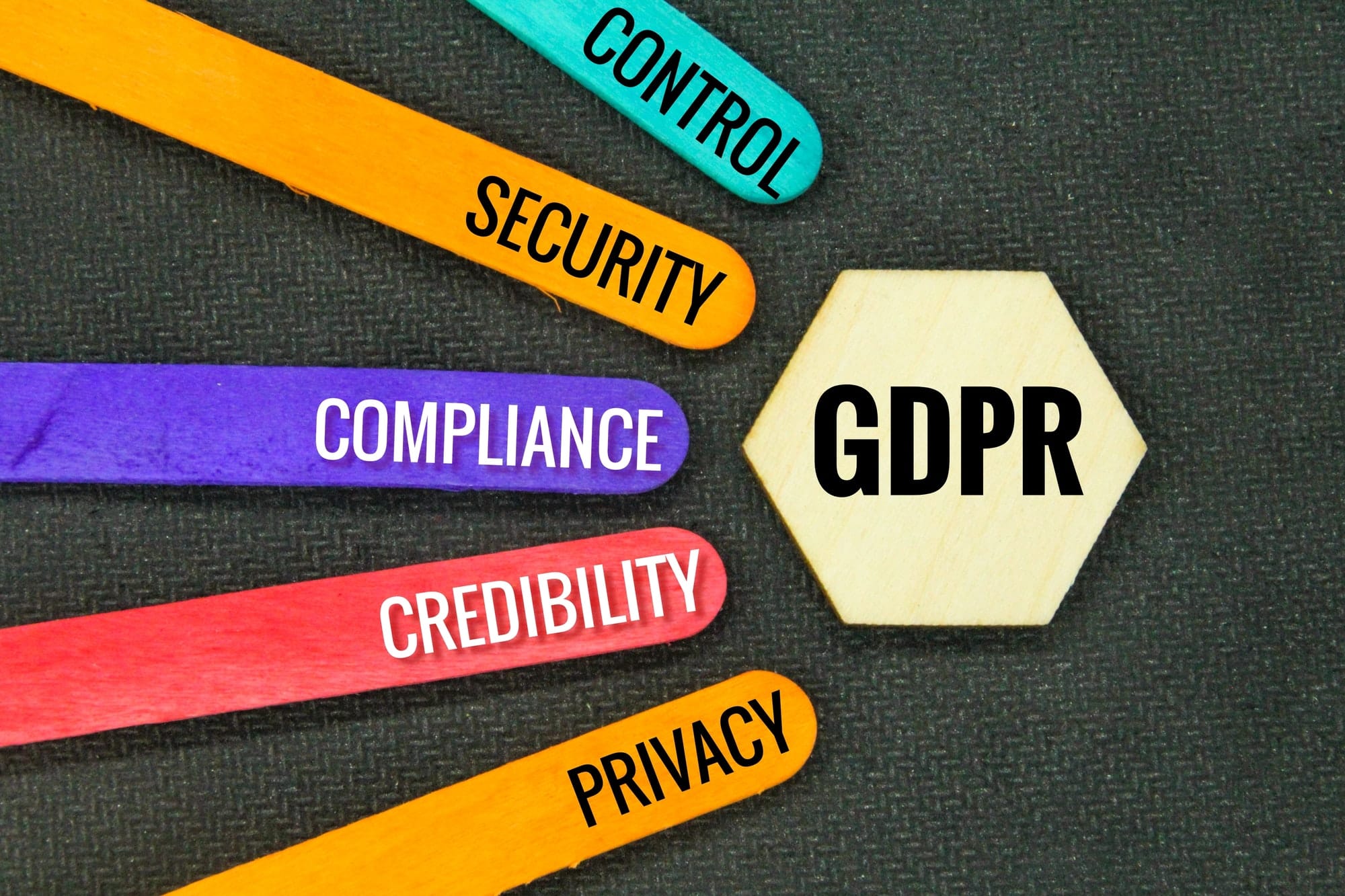What Are the Essential Elements of a GDPR-Compliant Privacy Policy for UK E-commerce?

As an e-commerce business operating in the UK, you need to prioritise data protection and privacy in your operations. A vital part of this is ensuring your privacy policy is compliant with the General Data Protection Regulation (GDPR). GDPR, an EU regulation, reshaped the way data is handled across industries, especially in e-commerce, where personal data forms the backbone of many operational processes. If you’re uncertain about what makes a GDPR-compliant privacy policy, this article will take you through the crucial elements.
Understanding the Basics of GDPR
Before diving into the specifics of a GDPR-compliant privacy policy, it’s essential to understand the basics of GDPR. GDPR stands for General Data Protection Regulation, an EU law implemented in 2018 that provides data protection and privacy for individuals within the European Union and the European Economic Area. It also addresses the transfer of personal data outside these regions.
A découvrir également : Best LLC services for ongoing compliance and business support
The GDPR places a strong emphasis on transparency, accountability, and individual rights. It requires companies to be clear about how they use personal data, hold them accountable for protecting this data, and empowers individuals to have a say in how their data is used.
The foundation of GDPR is consent. Under this regulation, a company can only process personal data if the individual has given explicit consent to do so. Furthermore, the individual has the right to withdraw this consent at any time.
Avez-vous vu cela : Top freight forwarding companies and their effective solutions
Key Elements of a GDPR-Compliant Privacy Policy
A privacy policy is a legal document provided by a company that explains how user data is collected, used, and protected. Under GDPR, the privacy policy must be written in clear and plain language that users can easily understand. Here are the key elements that a GDPR-compliant privacy policy should include:
Identity and Contact Details of the Data Controller
Under GDPR, it’s crucial to identify the data controller in your privacy policy. The data controller is an individual or legal entity responsible for determining how and why personal data is processed. You need to provide accurate and updated contact details of the data controller, including the physical address, email, and telephone number.
Purpose of Data Collection and Processing
Your privacy policy should clearly state why you’re collecting personal data. You need to provide a detailed explanation of the purposes of data processing, whether it’s for personalising the user experience, offering targeted adverts, or improving your services. Remember, under GDPR, you’re obliged to inform users about the rationale behind your data collection and processing activities.
Types of Personal Data Collected
You should list all types of personal data you collect from your users. This may include information like full names, email addresses, shipping addresses, credit card details, IP addresses, and even social media profiles. By mentioning these, you’re transparent with your users about the extent of data you’re collecting from them.
Duration of Personal Data Storage
GDPR mandates that you need to specify the period for which the personal data will be stored. If it’s not possible to provide a specific timeframe, you should at least explain the criteria used to determine this period.
User Rights Under GDPR
Your privacy policy should also outline the rights of users under GDPR. These rights include the right to access, correct, or delete their personal data; the right to restrict or object to data processing; the right to data portability; and the right to revoke their consent at any time.
Transparency in Third-Party Data Sharing
GDPR requires you to disclose any third parties with whom you share the data. This includes partners, vendors, advertisers, or any other third parties you engage with in your e-commerce operations. You need to describe the categories of third parties, the purpose of sharing, and the type of data shared.
Measures for Data Protection
The last but equally important aspect of a GDPR-compliant privacy policy is explaining the security measures you’ve put in place to protect users’ personal data. This involves discussing your data encryption methods, security protocols, and how you handle data breaches.
Remember, while these elements are essential for a GDPR-compliant privacy policy, they are not exhaustive. You should always consult with a legal expert to ensure your privacy policy meets all the GDPR requirements in your specific context.
Managing User Requests and Data Breaches
One of the most important aspects of GDPR compliance is how you manage user requests and handle data breaches. Your privacy policy should provide clear and easy-to-follow instructions on how users can make requests related to their personal data.
User requests may include asking for a copy of the data you hold on them, requesting corrections to their data, or asking for their data to be deleted. To facilitate this process, consider providing a dedicated contact point or form on your website.
Under GDPR, users also have the right to data portability. This means they can request their data in a commonly used format in order to transfer it to another service provider. Your privacy policy should detail how users can make such a request and how you will facilitate it.
The nature of e-commerce means that you hold sensitive personal data which, if exposed, could lead to a data breach. Your privacy policy should clearly state how you will communicate with users in the event of such a breach, including the steps you will take to mitigate any potential harm.
If a data breach does occur, GDPR mandates that you report it to the relevant authority within 72 hours. It’s also advisable to provide users with information on how they can protect themselves after a data breach, such as changing passwords or monitoring their accounts for suspicious activity.
Updating Your Privacy Policy and Legal Basis for Processing Personal Data
Your privacy policy is not a static document. It needs to reflect changes in your data processing activities, legal requirements, and user expectations. Therefore, it’s crucial to review and update your policy regularly.
Notifying users of any updates to your policy is a key requirement under GDPR. In the event of a significant change, such as a new data processing activity, you should inform your users directly and obtain their consent once again.
Finally, you must establish and disclose the legal basis for processing personal data in your privacy policy. There are six legal grounds for processing under GDPR: consent, contract, legal obligation, vital interests, public task, and legitimate interests. The legal basis you choose depends on the nature of your data processing activities and the type of data you process.
Conclusion
Ensuring GDPR compliance for your UK e-commerce business is not just about avoiding hefty fines. It’s essential for building trust with your users and demonstrating your commitment to data privacy. A well-crafted privacy policy serves as a solid foundation for achieving these goals.
It’s vital to include key elements such as the identity of the data controller, the purpose of data collection and processing, the types of personal data collected, and users’ rights under GDPR. But it’s equally important to manage user requests effectively, handle data breaches responsibly, keep your policy updated, and establish a clear legal basis for data processing.
Remember, while this guide provides a comprehensive overview, it’s always best to consult with a legal expert to ensure that your privacy policy meets all GDPR requirements. Taking these steps will not only help you achieve GDPR compliance but also foster lasting relationships with your customers based on trust and transparency.
